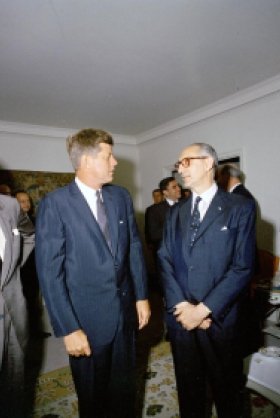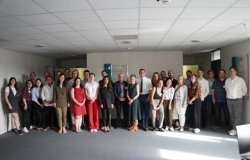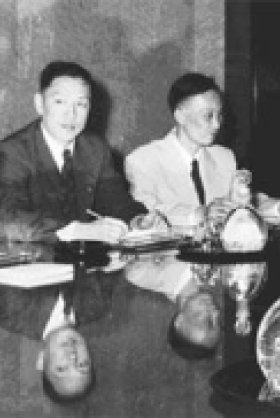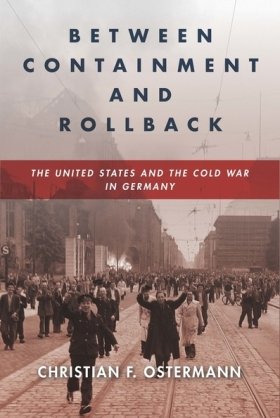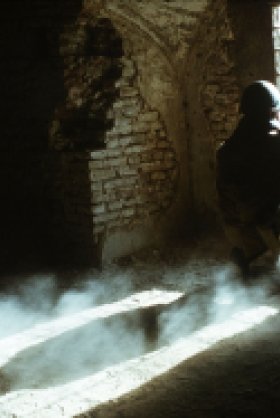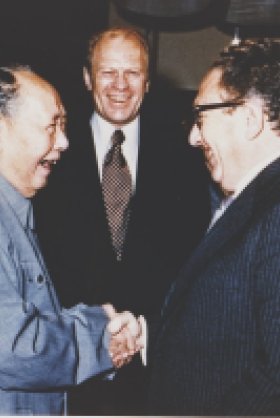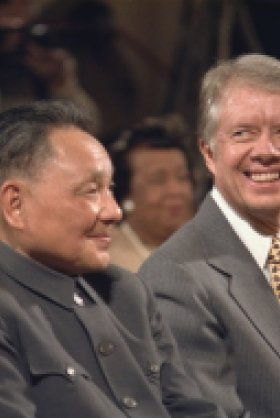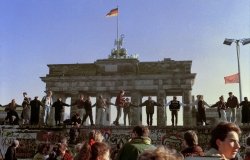Book Launch Event for <i>Gold, Dollars, and Power: The Politics of International Monetary Relations, 1958-1971</i>
On Monday, January 24, 4:00-5:30 pm, author Francis J. Gavin will discuss his latest book Gold, Dollars, and Power: The Politics of International Monetary Relations, 1958-1971. This event is open to the public.
Monday January 24, 2005, 4:00 - 5:30 pm
4th Floor Conference Room
Woodrow Wilson Center
How are we to understand the politics of international monetary relations since the end of World War II? Exploiting recently declassified documents from both the United States and Europe and employing economic analysis and international relations theory, Francis Gavin offers a compelling reassessment of the Bretton Woods system of fixed exchange rates and dollar-gold convertibility.
Gavin demonstrates that, contrary to the conventional wisdom, Bretton Woods was a highly politicized system that was prone to crisis and required constant intervention and controls to continue functioning. More important, postwar monetary relations were not a salve to political tensions, as is often contended. In fact, the politicization of the global payments system allowed nations to use monetary coercion to achieve political and security ends, causing deep conflicts within the Western Alliance. For the first time, Gavin reveals how these rifts dramatically affected U.S. political and military strategy during a dangerous period of the Cold War.
About the author
Francis J. Gavin is assistant professor in the Lyndon B. Johnson School of Public Affairs at the University of Texas at Austin. He is editor of The New York Times Twentieth Century in Review: The Cold War and coeditor of The Presidential Recordings: John F. Kennedy: The Great Crises, volumes 1-2.
Related Links
Related Program

Cold War International History Project
The Cold War International History Project supports the full and prompt release of historical materials by governments on all sides of the Cold War. Through an award winning Digital Archive, the Project allows scholars, journalists, students, and the interested public to reassess the Cold War and its many contemporary legacies. It is part of the Wilson Center's History and Public Policy Program. Read more
